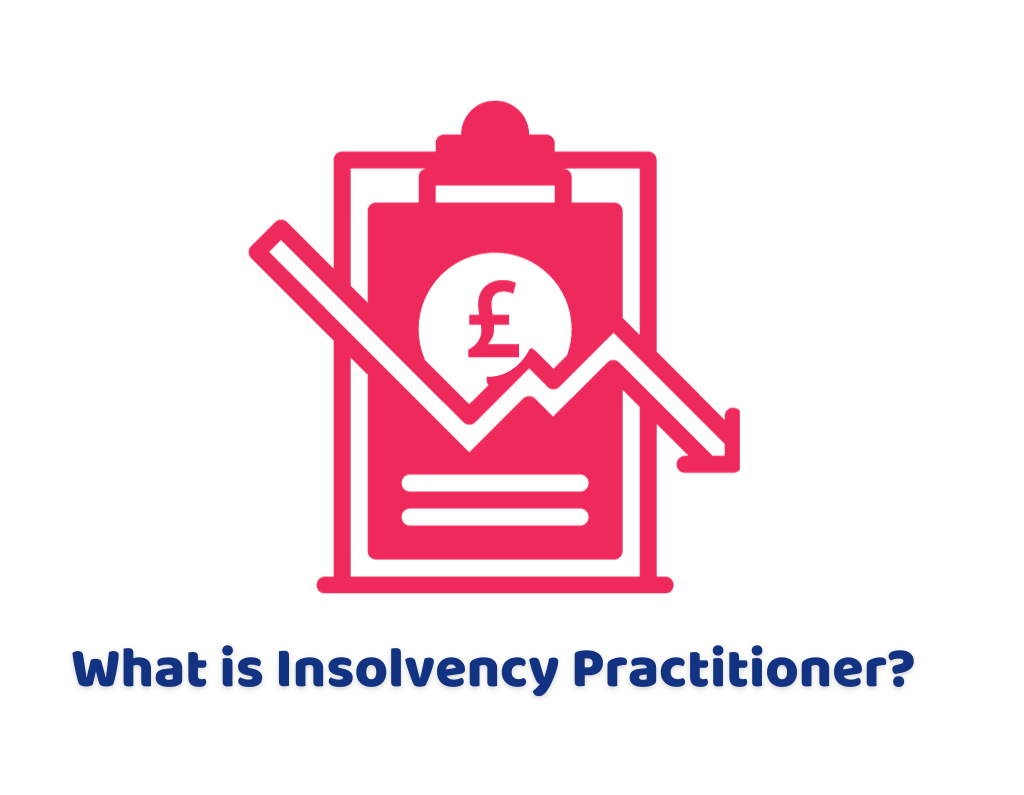The Basic Principles Of Insolvency Practitioner
The Basic Principles Of Insolvency Practitioner
Blog Article
8 Simple Techniques For Insolvency Practitioner
Table of ContentsThe Ultimate Guide To Insolvency Practitioner3 Easy Facts About Insolvency Practitioner DescribedNot known Facts About Insolvency PractitionerHow Insolvency Practitioner can Save You Time, Stress, and Money.The Insolvency Practitioner Diaries
Whether you require to make use of an insolvency practitioner (IP) to liquidate your business depends on various elements. While involving a bankruptcy professional for all types of liquidation is not a legal demand, doing so can commonly streamline the procedure and guarantee conformity with lawful demands. Liquidating a business is a vital decision that includes significant consequences.
It is a procedure used when a company does not have any type of lenders, or all of their lenders can be settled completely with statutory rate of interest. Understanding the different sorts of insolvency procedures can assist you determine the ideal strategy for your business's liquidation or various other official bankruptcy treatments itself.
This is mandatory in order to abide by legal requirements - Insolvency Practitioner. This is due to the fact that IPs have the needed certifications and experience to make sure that the liquidation process is carried out in accordance with all applicable legislations and laws. By involving an accredited bankruptcy professional, you can have satisfaction knowing that your business's liquidation procedure will be handled expertly and in conformity with the pertinent legal needs
Not known Details About Insolvency Practitioner
The insolvency professional is selected as a liquidator and is responsible for taking care of the firm and liquidator's debts exceptional liabilities and possessions. This process involves selling the business's possessions and distributing the proceeds to financial institutions. Upon conclusion of the procedure, the firm is removed from the register at Firms House.
Falling short to do so can lead to personal responsibility for the company or director for the financial institution's financial obligations. Volunteer liquidation, which includes Lenders' Voluntary Liquidation (CVL) and Members' Voluntary Liquidation (MVL), is initiated by the firm's supervisors and shareholders when they can no more pay their financial debts. In a CVL, the insolvency expert is assigned as the liquidator, responsible for managing business financial debts and all business possessions.

The Greatest Guide To Insolvency Practitioner
By assessing the expertise and experience of potential insolvency specialists, you can ensure that you select a specialist who possesses the needed qualifications to manage your business's liquidation procedure properly. While bankruptcy practitioner-led liquidation is typically one of the most appropriate course of action for business dealing with insolvency, there are different approaches to consider, such as striking off and partial liquidation.
It's important to examine all offered choices prior to determining on the next ideal option or program of action for your service. Striking off firms' signs up is a more straightforward and economical means to close dormant or little firms without financial debts or click possessions. To strike off a firm, its name is eliminated from the Companies Home register by sending type DS01.
Prior to choosing striking off, it's critical to evaluate the advantages and downsides of this method and think about whether it's the appropriate selection for your company. Partial liquidation is an additional alternative to bankruptcy practitioner-led liquidation, wherein a company liquidates particular assets and obligations while proceeding to run with the continuing to be properties and liabilities.
A Bankruptcy Professional will certainly be able to recommend you of the ideal strategy to take and guarantee that every little thing runs efficiently. Sadly, it is not feasible to sell off a business without a liquidator. Assigning an authorized bankruptcy professional is necessary for the procedure of volunteer liquidation to begin.
The Insolvency Practitioner Ideas
It is feasible to shut and liquidate your business without using a liquidator, offered your business is solvent and you satisfy the eligibility requirements to liquify or liquidate it. If your company is financially troubled, you may be required to use a liquidator and start official insolvency procedures. Below are a few other helpful short articles regarding firm liquidation in the UK:.
Being in a setting where you're not able to pay your firm's financial institutions is incredibly stressful. In an attempt to prevent increasing the degree of debt, many see this firms try to bargain directly with their financial institutions and concur to a casual arrangement. If the financial obligation is rather tiny and owed to one financial institution, and the creditor is being participating, getting in right into an casual financial debt setup is probably the finest remedy, as opposed to browsing the internet for 'a bankruptcy expert near me'.
On the other hand, if there are multiple financial institutions and the degree of financial debt is large, lenders might not be so ready or participating. In order to avoid liquidation or insolvency, it is far better to hire a bankruptcy professional to formulate official propositions and discuss with creditors on your behalf.
About Insolvency Practitioner
Whilst it is a method to manage financial debt, there are significant threats involved with this sort of debt plan - Insolvency Practitioner. If a financial institution is eager to become part of a casual arrangement (IA) whereby the debtor has accepted make regular, if lower, settlements to pay off the debt, it is necessary to stick to the agreement

The lender is within their civil liberties to back out of the agreement and request the courts for your company to be liquidated at any kind of time. A formal plan that has been recommended by an insolvency specialist on your behalf, and concurred by a financial institution, gives a much safer choice.
Report this page